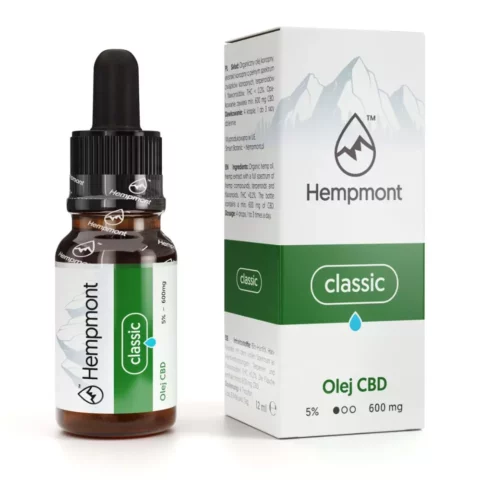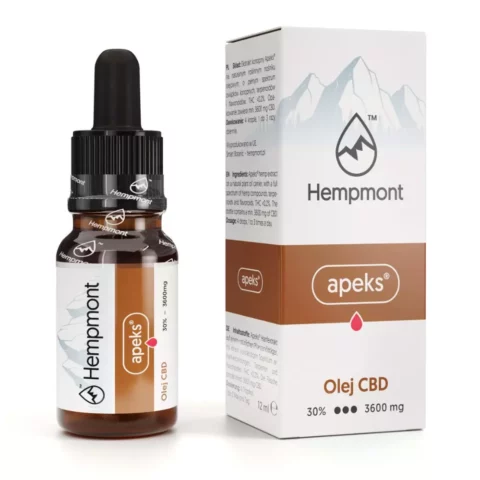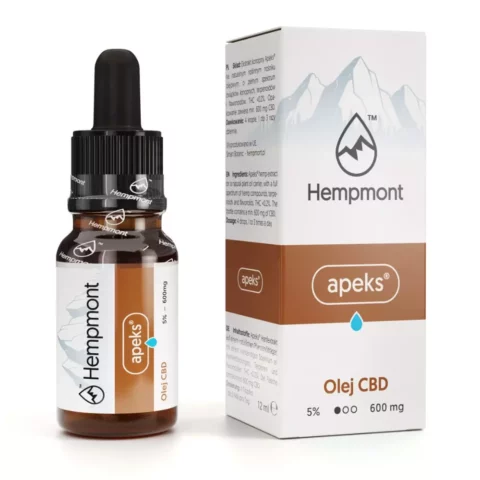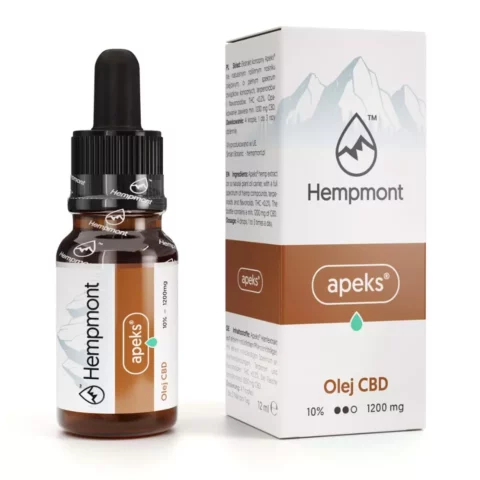
If anyone still thinks that acne is only a problem for teenagers, they are mistaken. Skin lesions, which are commonly called pimples, also affect mature complexions. One can deal with all kinds of pimples, blackheads, papules or pustules in various ways. Sometimes pharmacology can help, but it is well known that this can be associated with side effects. More and more people are therefore relying on natural remedies in combination with a proper diet and skin care.
Natural ways also include the use of hemp products, such as CBD oils. And although until recently little was known about the effects of cannabinoids on the skin, it turns out that there is a lot of potential.
Cannabinoids and acne
During acne research, it was discovered that there are receptors for the endocannabinoid system in the sebaceous glands and hair follicles. This is a system that has the task of regulating the body's organs so that the human body is in balance. It does this by means of CB1 and CB2 receptors, which act as regulators.
This discovery prompted research into the use of phytocannabinoids, or plant cannabinoids, which are found in CBD oils, among others, in alleviating acne symptoms.
But this is not the only property of CBD oil that can relieve symptoms. After all, acne is undoubtedly a localised inflammation of the skin, caused by various factors. However, studies have shown that among the properties of cannabidiol (CBD), it is the anti-inflammatory action that is one of the predominant ones. Therefore, lubricating the affected areas may have a therapeutic effect on acne pimples. Some studies have also mentioned that CBD can reduce sebum secretion.
Research on CBD in relation to acne
Research has been carried out on the effects of cannabinoids on acne, focusing primarily on CBD, which is the most commonly found among them. This is because it predominates in cannabis seeds and is the most comprehensively studied. Its various health-promoting properties have already been confirmed by a number of scientific studies.
Anti-acne properties of CBD oils
The conclusions of the 2020 study already go much further, and in the publication of the results it can be read that the use of cannabinoids has a biochemical purpose and therefore further research is warranted for use in the treatment of certain skin diseases.
It cannot be stated unequivocally that CBD oil cures acne, because a lot depends on what the underlying cause is. On the other hand, it has great potential to relieve inflammation that forms on the skin.
Which CBD oils for acne? Preferably those containing the full cannabinoid profile. This is because CBC (cannabichromene), CBDV (cannabidivarin) and THCV (terahydrocannabivarin) also exhibit anti-acne and anti-inflammatory properties, although they are far from the power of CBD (cannabidiol). Combined, however, they can show much greater positive effects on acne-prone skin.
- "The endocannabinoid system of the skin in health and disease: novel perspectives and therapeutic opportunities"; Tamás Bíró, Balázs I. Tóth, György Haskó, Ralf Paus, Pál Pacher; (2009), https://pubmed.ncbi.nlm.nih.gov/19608284/
- "Cannabidiol exerts sebostatic and anti-inflammatory effects on human sebocytes"; Attila Oláh, Balázs I. Tóth, István Borbíró et al; (2014), https://www.kalapa-clinic.com/en/the-endocannabinoid-system-in-the-skin/
- "Cannabinoid Signaling in the Skin: Therapeutic Potential of the "C(ut)annabinoid" System" by Kinga Fanni Tóth, Dorottya Ádám, Tamás Bíró and Attila Oláh1. (2019), https://www.ncbi.nlm.nih.gov/pmc/articles/PMC6429381/
- "Cannabidiol induces antioxidant pathways in keratinocytes by targeting BACH1"; Laura Casares, Víctor García, Martín Garrido-Rodríguez et al (2020).









